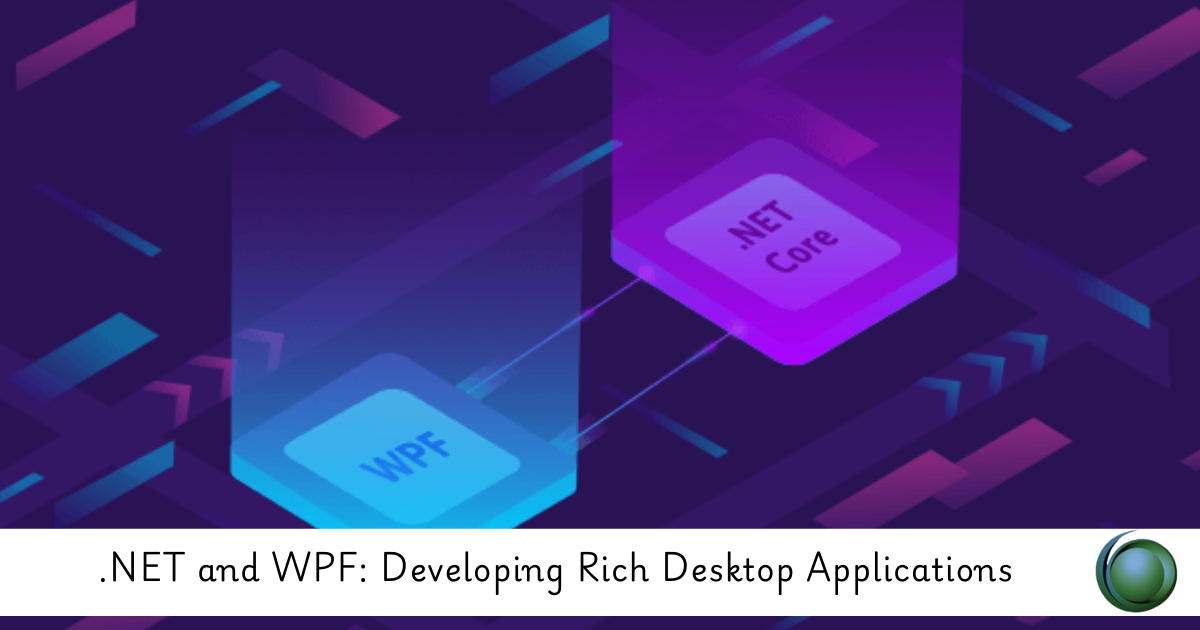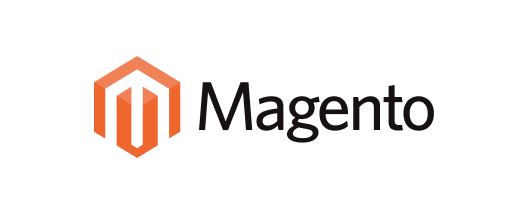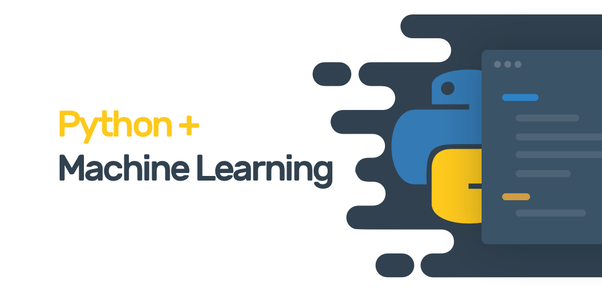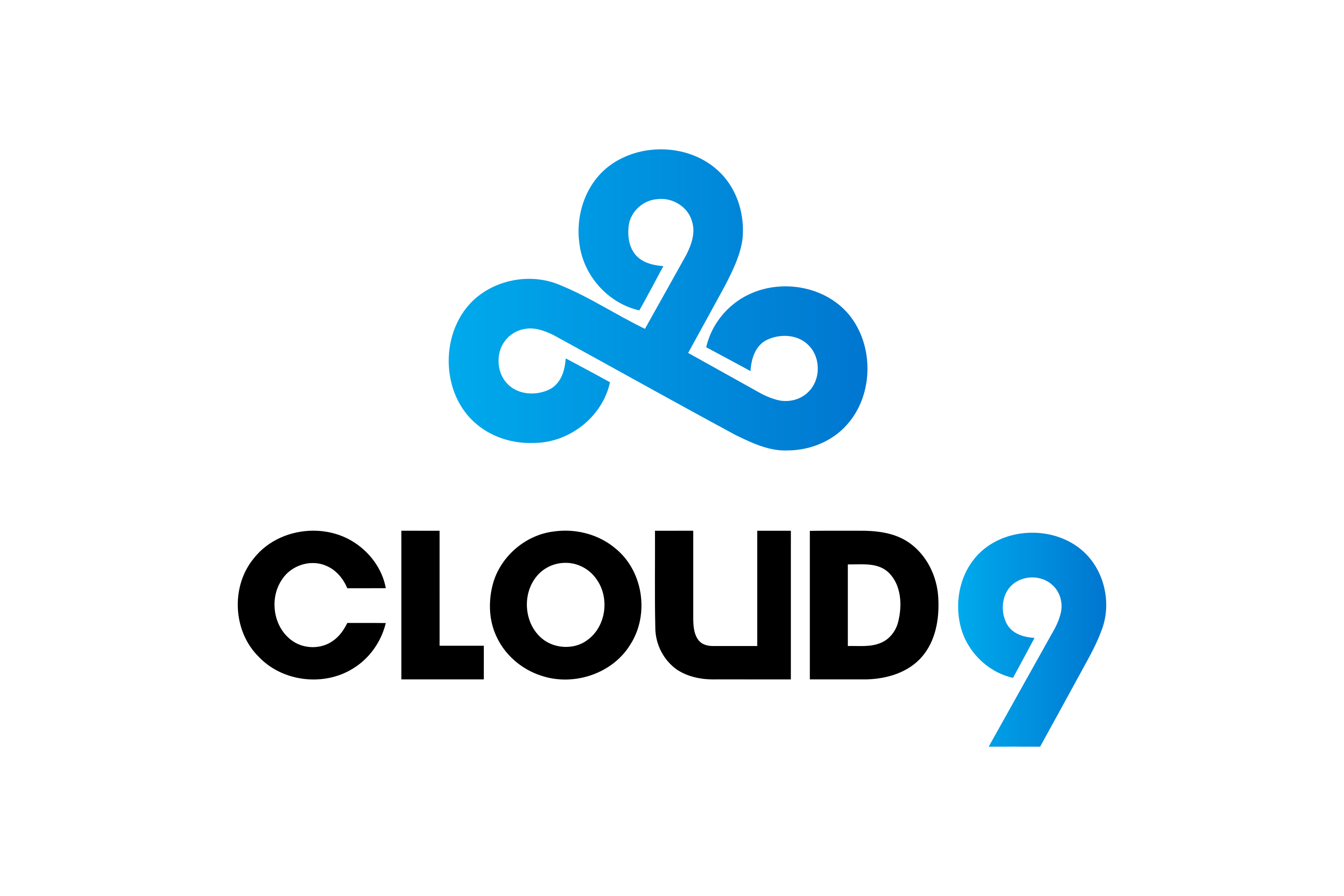Description
Introduction:
This course is designed to teach developers how to build feature-rich, modern desktop applications using .NET and Windows Presentation Foundation (WPF). Participants will explore the core concepts of WPF, including XAML-based user interfaces, data binding, control templates, and styles, as well as the MVVM (Model-View-ViewModel) design pattern. By the end of this course, developers will have the skills to create scalable, visually appealing, and interactive desktop applications that can be deployed on Windows operating systems.
Prerequisites:
- Proficiency in C# programming language.
- Basic understanding of .NET framework and .NET Core.
- Familiarity with object-oriented programming (OOP) concepts.
- Basic knowledge of HTML, CSS, or other UI technologies is helpful but not mandatory.
Table of Contents
- Introduction to .NET with WPF
1.1 Overview of .NET Framework(Ref: Mastering .NET Full Stack Development: From Frontend to Backend)
1.2 Introduction to WPF
1.3 XAML (eXtensible Application Markup Language)
1.4 Development Environment Setup - WPF Basics
2.1 Understanding WPF Windows and Controls
2.2 Layout Management in WPF
2.3 Data Binding in WPF - WPF MVVM Pattern
3.1 Overview of MVVM (Model-View-ViewModel)
3.2 Implementing MVVM in WPF
3.3 Commands and Data Binding in MVVM - Styling and Templating in WPF
4.1 WPF Styles
4.2 Control Templates
4.3 Data Templates - WPF Animation and Multimedia
5.1 Animation Basics in WPF
5.2 Multimedia in WPF
5.3 Visual Effects and Transforms - WPF Custom Controls
6.1 Creating Custom Controls in WPF
6.2 UserControl vs. CustomControl
6.3 Customizing Control Templates - WPF Data Access
7.1 Working with Databases in WPF
7.2 Entity Framework with WPF
7.3 Data Binding to Collections - WPF Advanced Topics
8.1 Asynchronous Programming in WPF
8.2 Dependency Properties
8.3 Attached Properties
8.4 Routed Events - WPF Deployment and ClickOnce
9.1 Packaging and Deploying WPF Applications
9.2 ClickOnce Deployment
9.3 Installer Options for WPF - WPF and Integration with Other Technologies
10.1 WPF and Web Services
10.2 WPF and RESTful APIs
10.3 Integration with ASP.NET - Testing and Debugging in WPF
11.1 Unit Testing WPF Applications
11.2 Debugging Techniques
11.3 Profiling WPF Applications
Conclusion:
The “Developing Rich Desktop Applications with .NET and WPF” course equips developers with the necessary tools to build modern, visually rich, and responsive desktop applications. By mastering WPF’s powerful UI capabilities and the MVVM pattern, developers can create applications that are scalable, maintainable, and user-friendly. This training ensures that participants are well-prepared to tackle real-world application development challenges, whether for traditional desktop environments or future cross-platform projects using .NET technologies.
If you are looking for customized info, Please contact us here







Reviews
There are no reviews yet.